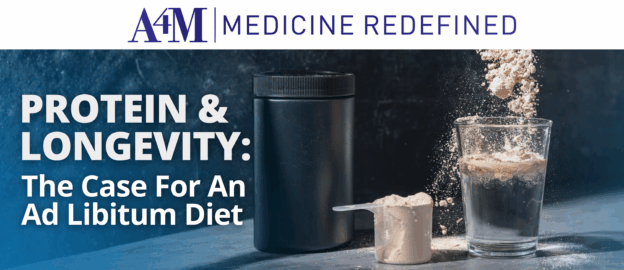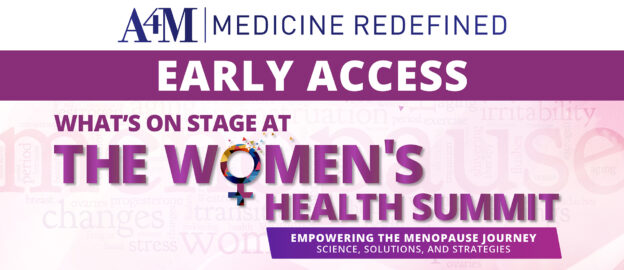The countdown is on to the world’s largest anti-aging conference: LongevityFest 2025. In just a few days, the Venetian Convention & Expo Center in fabulous Las Vegas will become the epicenter of anti-aging solutions, longevity science, and health optimization, with the most innovative thinkers and the brightest medical minds coming together to forecast the future of health and aging and unlock the secrets of a longer, healthier life.
Longevity NOW!
According to a recent U.S. Census Bureau report, centenarians accounted for 2 out of 10,000 people in 2020. It’s an intriguing fact, especially in a world where health practitioners must work with aging and often unhealthy populations, face chronic medical conditions, widespread epidemics, overburdened healthcare systems, and even staff and supply shortages. The potential for long-term health and well-being lies in unlocking it, and the longevity industry has the passion and fervor to discover the key.



